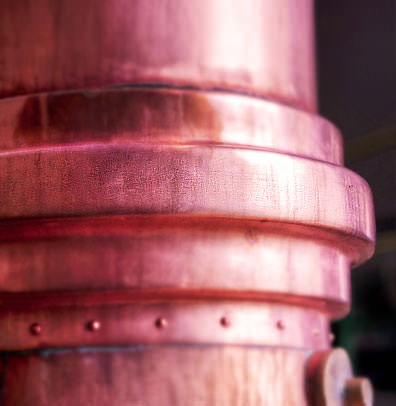Updates From the HDA
This is a collection of updates regarding HDA news
and events that we have shared with the public since we founded the
Hobby Distiller's Association in Spring of 2014.
Legal victory for home distillers: how the Hobby Distillers Association is changing the law
The Hobby Distillers Association (HDA) is a nonprofit organization in the United States advocating for the legalization of home distillation for personal use. Since its founding in 2014, HDA has aimed to bring equal rights to home distillers, similar to those enjoyed by home brewers and winemakers.
Federal Ban Declared Unconstitutional
In July 2024, a federal judge in Texas ruled that the 156-year-old ban on home alcohol distillation is unconstitutional. Judge Mark Pittman declared that the law was not rooted in meaningful revenue concerns and exceeded Congress’s authority to regulate interstate commerce (Reuters).
Key Outcome:
A permanent injunction was granted protecting HDA and its members.
The federal government was given time to appeal the ruling.
This marks a significant legal win for home distillers across the United States.
Federal vs. State Laws
Despite the federal ban, several U.S. states have introduced their own allowances for home distillation, such as Alaska, Arizona, Massachusetts, Missouri, and others (World Population Review). However, these do not override federal restrictions.
With the recent court ruling, more states may pursue legislation to protect hobby distillers within their borders.
HDA’s Grassroots Legislative Strategy
In January 2025, the Texas Legislature introduced a bill — supported by HDA and Rep. Giovanni Capriglione — that would permit home distilling for personal use, mirroring the laws for homebrewed beer and wine (HDA Official Site).
This strategy allows HDA to push reform state by state while building public awareness and legislative support.
Current Legal Framework and Limitations
Protection for Members Only
Only members of HDA are currently protected under the court injunction. Some members have also obtained small-scale “Distilled Spirits Plant (DSP)” licenses with safety and tax compliance requirements (HDA).Safety and Training
Home distilling can be safe if done correctly. HDA offers educational resources to help hobbyists avoid risks such as methanol contamination or fire hazards (StillDragon, Wikipedia).Taxation Concerns
One reason for federal restrictions is the loss of excise tax revenue. However, HDA argues that hobby distillers operate on a non-commercial scale, similar to homebrewers.
Why This Matters
Protects Personal Freedom
Many hobbyists face criminal charges for distilling small quantities of spirits at home.Preserves Traditional Craftsmanship
Legalizing home distilling allows the preservation and innovation of regional recipes and artisanal techniques.Sets a Legal Precedent
The Texas ruling may inspire similar challenges across the country.
What’s Next
HDA plans to expand its legal and legislative advocacy to other states and continue challenging federal restrictions. Their goal is to ensure every responsible hobbyist can distill at home legally.

